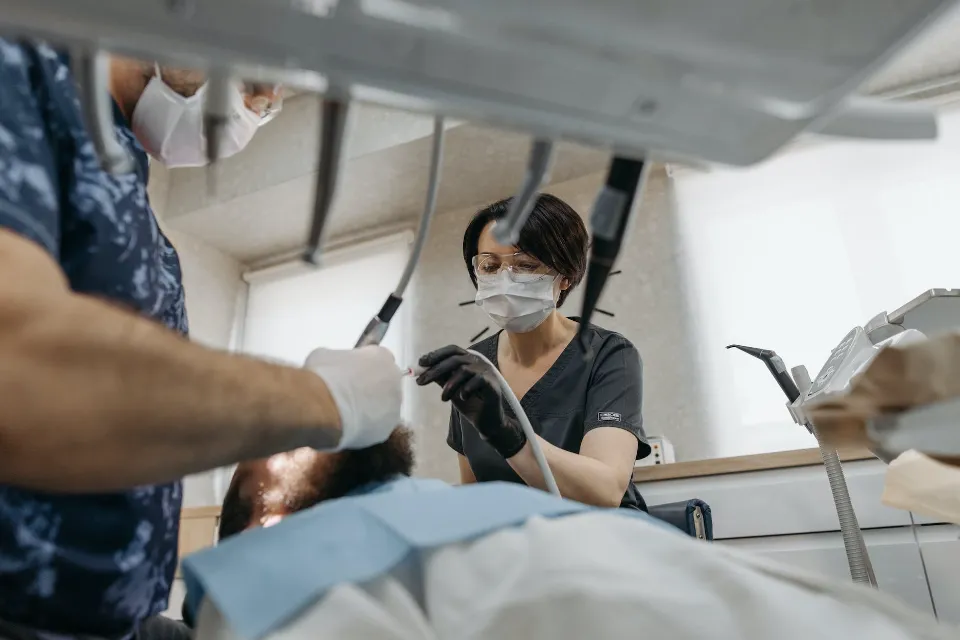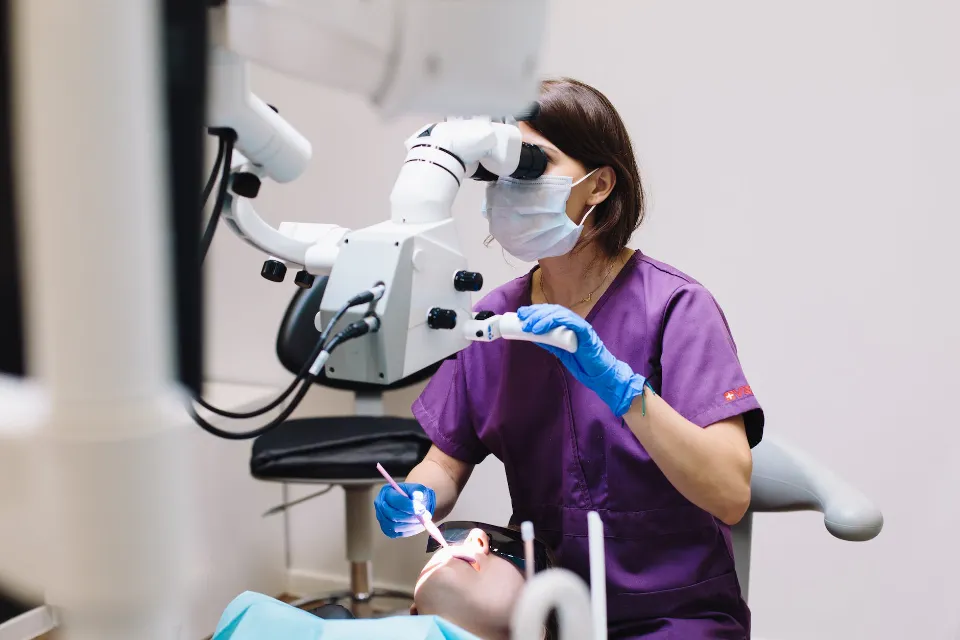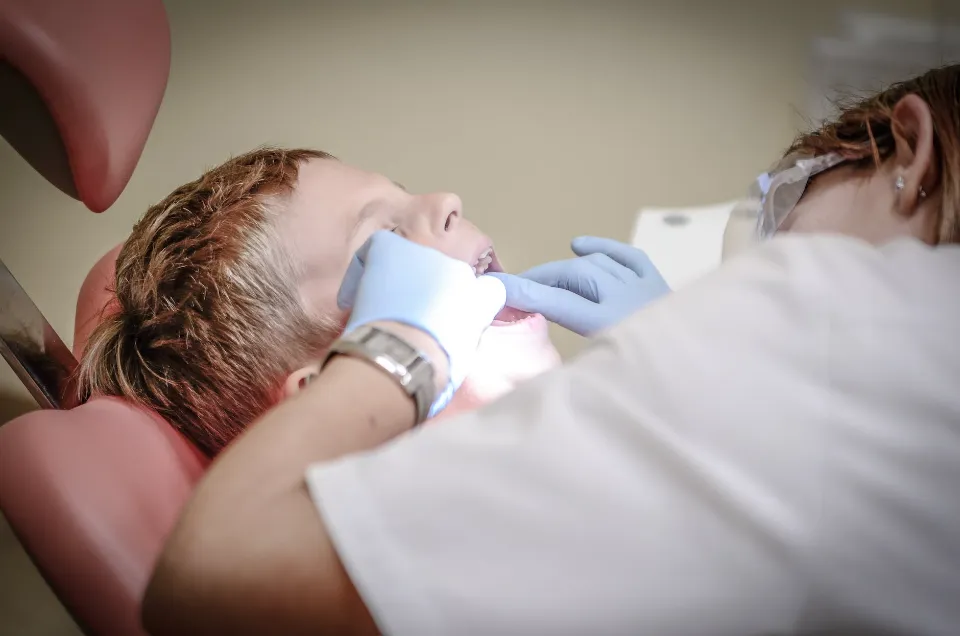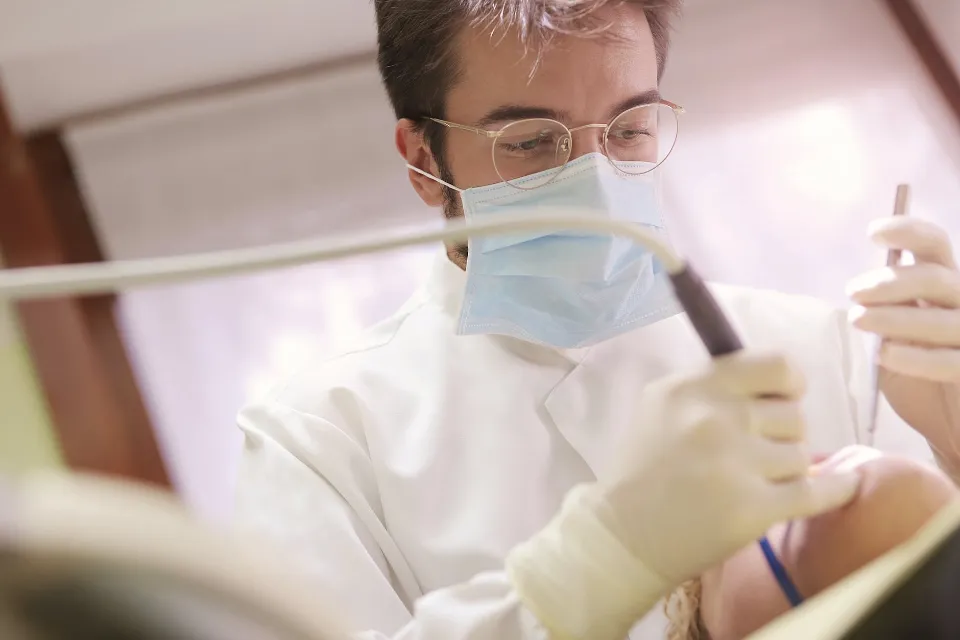We’ll tell you what A-levels you need to have to be a dentist in this article, along with information on how to do so.
Are you thinking about enrolling in dental school? It’s crucial to select the appropriate A-levels if you want to study dentistry. A few courses will also require math or physics at the A-level in addition to the usual requirements of chemistry or biology, if not both.
To learn more about being a dentist, please read this article.
What A-levels Are Useful to Have to Become a Dentist?
Your access to all dentistry courses will be maintained by your proficiency in chemistry, biology, and either math or physics (or both).
Most courses will accept you even if you don’t take math or physics but do take chemistry and biology. A smaller number of dentistry courses will accept you if you only take one course in biology or chemistry.
The majority of dentistry degree programs will require prospective students to have taken either biology or chemistry, sometimes both. Additionally, some universities might require that applicants have an A Level in math.
Make sure you meet the entry requirements by contacting each university you are considering before applying. You don’t want to be disappointed if you aren’t given a spot because you didn’t complete the required number of A Levels.
Here’s a breakdown of the essential A-level combinations and what they mean:

- With the appropriate grades, you can enroll in any dentistry course if you take chemistry, biology, math, and/or physics.
- The majority of dentistry courses will be available to you if you earn the required grades and take Chemistry and Biology but skip Math or Physics.
- There are fewer Dentistry courses that will accept you if you only take Chemistry or Biology, not both.
Almost all dental schools and universities that offer dentistry require applicants to have A-plus grades due to the field’s popularity.
What Does a Dentist Do?
Dental professionals treat issues with the mouth and teeth. In order to prevent dental disease, they promote oral health. Here are a handful of tasks that a dentist could find be doing on a day-to-day basis:
- Maintain meticulously thorough patient records.
- Inform patients about proper dental care.
- Execute a variety of procedures and treatments, including fillings, tooth extractions, denture fittings, teeth whitening, X-rays, and anesthesia.
- Send patients to a dental therapist or hygienist.
- The management of a staff that includes receptionists and dental nurses is another responsibility of dentists who own their own practices.
The majority of dentists also referred to as general dentist practitioners, work for themselves and treat members of the public. Either the NHS or a private practice (or both, in which case you would have both paying and NHS patients) could be used for this.
There are still other career options available for dentists, such as working in hospitals performing specialized procedures like mouth surgery and orthodontics (orthodontics is the branch of dentistry that deals with repositioning misaligned teeth and jaws).

Additionally, there are chances to work with young people, the elderly, and those with special needs.
Instead of treating individual patients, some people work in the field of dental public health, which entails examining ways to better the dental health of a region or community.
What Skills Would You Need to Become a Dentist?
These are the capabilities and qualities required to become a dentist:
- Brilliant communication skills: you need to know how to clearly explain complicated procedures. All patients, regardless of their age or socioeconomic status, should be talkable.
- Good eyesight and color-normal vision.
- Great hand-eye coordination: able to carry out delicate procedures with different instruments.
- Excellent concentration: you’ll need to stay focussed for long periods of time.
- Leadership skills: you’ll need to be able to manage a team of staff and sometimes do administrative tasks.
- People skills: you’re able to put people at ease and make them feel comfortable when they might be nervous. You truly have compassion for and empathy for other people.
- Ambitious and keen to learn: you’ll need to keep up to stay with different methods and theories throughout your career.
What Qualifications Do I Need to Be a Dentist?
Here’s a step-by-step guide on how to become a dentist and the qualifications you’ll need:

- A-levels: typically you’ll need three A good bet is to choose biology and chemistry. It helps to know physics and math.
- University degree: you will need to do a bachelor’s degree in dentistry (that’s a The typical length of the program is five years (BDS or BChD). Along with learning in classes and seminars, you’ll also gain useful skills. In hospitals and neighborhood clinics, you’ll have the chance to provide patient care. For information on various courses that are approved and admission requirements, consult the Dental Schools Council.
- Registration: after you’ve done your degree you have to register with the General Dental Council
- Training: then you’ll have to do up to two years of postgraduate dental training.
It’s important to be aware that since becoming a dentist is such a well-liked career path, there is fierce competition for available spots in dental programs. You may be eligible to apply for a four-year dental degree if you have already completed a degree in biology, chemistry, or biomedicine.
How Much Does a Dentist Earn?
The region a dentist practices in affects their pay. As a guide, dentists take home the following:
- Between $36,000 and $45,750 for an entry-level position as an NHS dental trainee.
- Between £38,500 and £82,500 for an experienced NHS dentist.
- Highly skilled: up to £102,500 (NHS consultant).
Do I Need to Do Extra Study to Practice Cosmetic Dentistry?
You can decide to learn more about aesthetic dentistry, which is a career option that is growing in popularity. Since this is typically offered as a postgraduate course, you must first have successfully completed an undergraduate dental course.
If you know this is something you want to specialize in, it’s worth asking the universities you’re interested in about options; you could do this on an open day.
